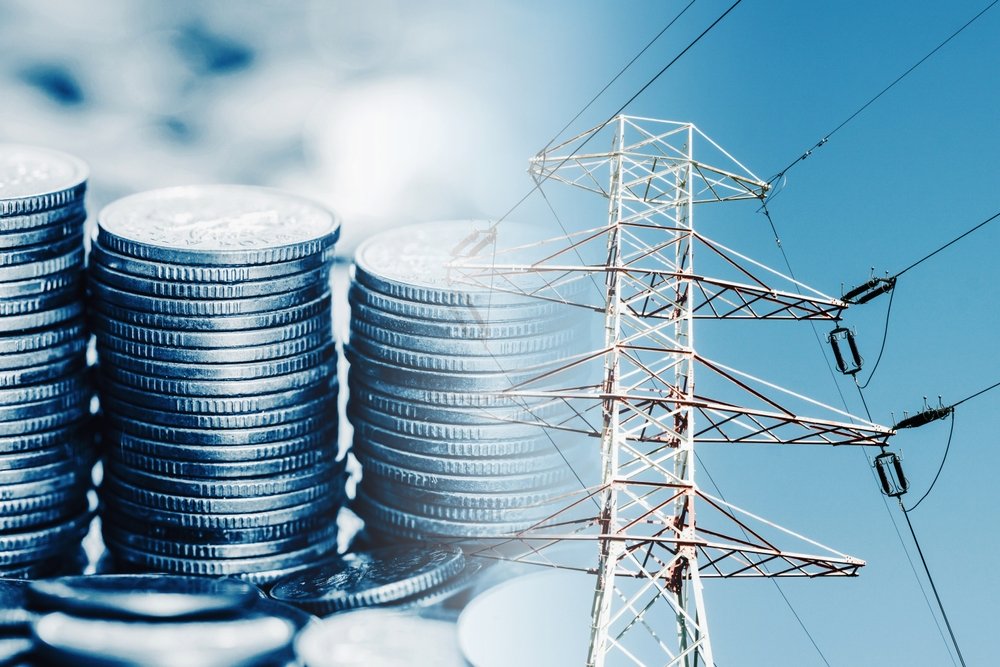Germany’s competitiveness is under massive pressure. Climate policies are driving energy prices to record levels, carbon pricing is escalating, and industry is losing confidence in Germany as a business location. Political decisions have created a system that harms the economy more than it helps. High electricity costs and the phase-out of nuclear power are weakening production. The competitiveness of German companies is collapsing – with consequences for prosperity and jobs. (nius: 27.10.25)
Industry under pressure: Competitiveness at risk
The European chemical industry association CEFIC warns of a potential exodus of energy-intensive companies. More and more firms are relocating to countries with lower energy prices – such as the USA or Asia. Evonik CEO Christian Kullmann describes carbon pricing as “existential threat.” Up to 200,000 jobs could be lost if climate policies remain unchanged.

High emission costs are further exacerbating the situation. This is reducing the competitiveness of entire industries. From 2026 onwards, the free allocation of CO2 certificates will be discontinued. Companies will have to pay for their emissions entirely on the market. At the same time, the number of certificates is decreasing twice as fast as before – a price driver with serious consequences.
Permanent price explosion and its consequences
This development is driving energy prices up permanently. Since Germany remains dependent on fossil fuels, all ancillary costs are also increasing. CO2 pricing amplifies this effect and hits industry particularly hard. Instead of promoting innovation, it destroys willingness to invest and confidence in Germany as a business location.
Coal and gas power plants are particularly affected. At a CO2 price of 90 euros per ton, their production costs exceed 10 cents per kilowatt-hour. Without these emission costs, electricity production would be significantly cheaper. Only nuclear power would have enabled stable prices – but nuclear energy was politically abandoned.
Lack of baseload power, rising energy prices
Without nuclear power, there is no reliable CO2-free baseload power. On windless nights or during periods of low solar power generation, expensive fossil fuel power plants have to step in. The wholesale electricity price already rose to 8.8 cents per kilowatt-hour in 2025. CO2 pricing is thus losing its steering effect. It no longer ensures climate protection, but merely leads to rising electricity costs.
The revenue from emissions trading flows into the Climate and Transformation Fund. In 2024, the system generated 5.5 billion euros, while over 18 billion euros were distributed in subsidies. Thus, climate policy is undermining its own competitiveness – it makes energy more expensive and masks the consequences with taxpayers’ money.
Subsidies without effect
Instead of addressing the root causes, the government is distributing new subsidies. A planned electricity price cap failed; instead, there are tax breaks and lower network charges. These measures alleviate symptoms, but they don’t solve a single structural problem. Market mechanisms are becoming distorted, and the industry is losing planning certainty.
The gas power plant strategy is also stagnating. Political obstacles are hindering investors, and new plants remain scarce. Companies are postponing projects or relocating them abroad. The economy is suffering, competitiveness is declining further, and energy prices are rising.
Course Correction for Greater Competitiveness
A turnaround is possible, but it requires political insight. A temporary reduction in CO2 pricing could provide relief. Equally important is an honest reassessment of nuclear power. Without stable nuclear energy, the energy transition loses its economic foundation. Only market-based reforms will secure long-term competitiveness.
Germany stands at a crossroads. Without a course correction, the country will slide into a climate policy downward spiral. Rising energy prices weaken industry, jeopardize jobs, and destroy confidence. Those who want to secure the future of Germany as a business location don’t need new subsidies, but rather a realistic climate policy with economic expertise.
